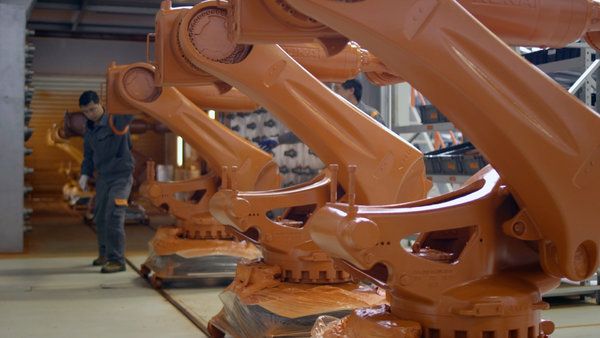Not long ago, schoolchildren chose what they wanted to be when they grew up, and later selected the best college they could gain admission to, spent years gaining proficiency in their fields, and joined a company that had a need for their skills. Careers lasted lifetimes.
Now, by my estimates, the half-life of a career is about 10 years. I expect that it will decrease, within a decade, to five years. Advancing technologies will cause so much disruption to almost every industry that entire professions will disappear. And then, in about 15–20 years from now, we will be facing a jobless future, in which most jobs are done by machines and the cost of basic necessities such as food, energy and health care is negligible — just as the costs of cellphone communications and information are today. We will be entering an era of abundance in which we no longer have to work to have our basic needs met. And we will gain the freedom to pursue creative endeavors and do the things that we really like.

